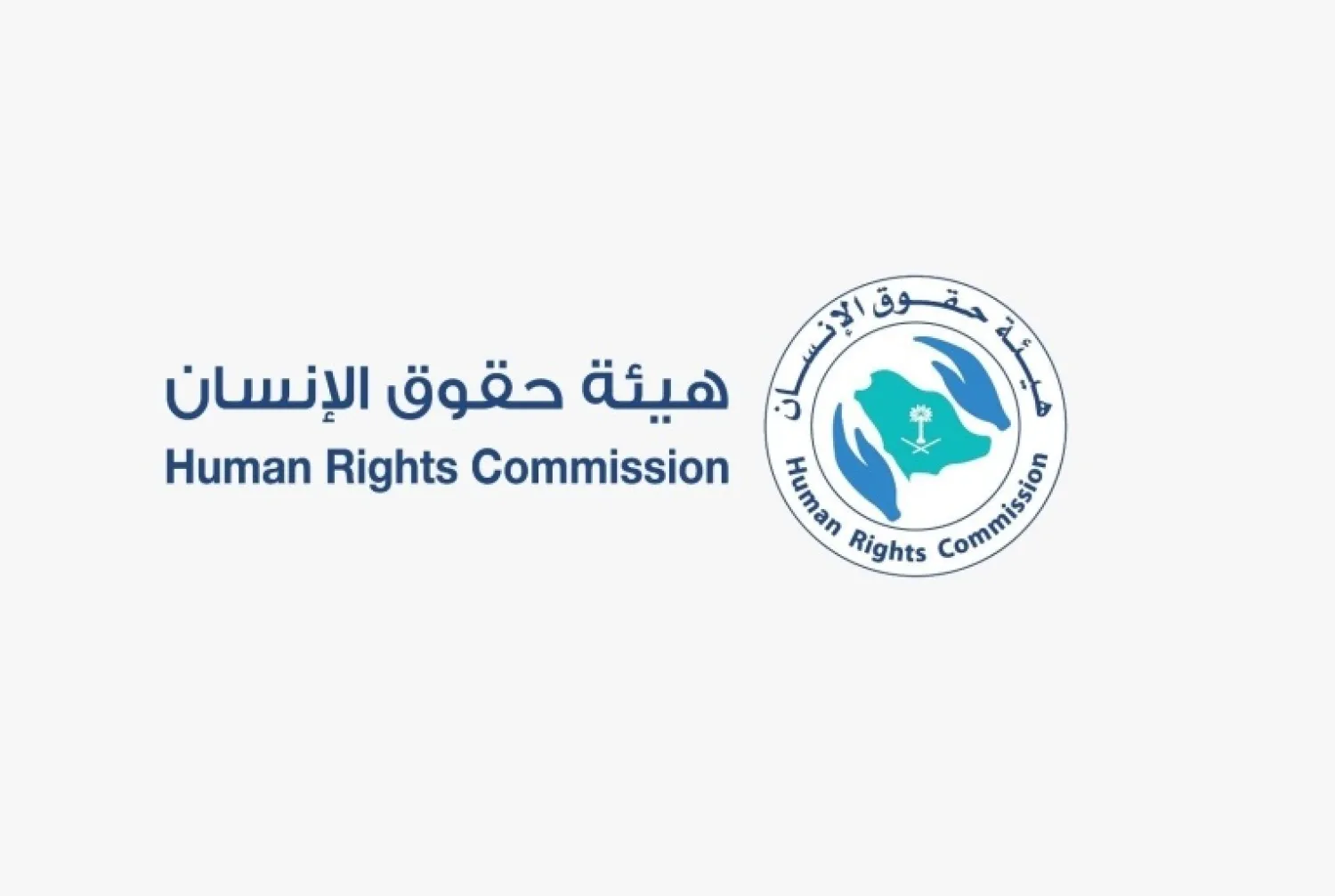The remarkable progress made by Saudi Arabia in combating human trafficking comes against the backdrop of significant reforms adopted by the Kingdom, said the head of the Saudi Human Rights Commission (HRC), Awad Al-Awwad.
In an interview with Asharq Al-Awsat, Al-Awwad said that reforms were reflected in developing the legal and institutional structure that enhances the work environment and protects employment.
“Saudi Arabia has been keen to accede to the conventions and protocols dealing with crimes of human trafficking,” noted Al-Awwad, adding that the Kingdom has joined the United Nations Convention against Transnational Organized Crime and the supplementing Protocol against the Smuggling of Migrants by Land, Sea, and Air.
“The Kingdom also actively participates in regional and international efforts,” said Al-Awwad, citing Saudi Arabia’s contribution to the issuance of the Arab strategy to combat crimes of human trafficking as well as the Gulf guiding law fighting the illicit practice.
Al-Awwad said that human trafficking is a form of “organized crime that crosses borders,” which makes international efforts to combat it an absolute necessity.
“The exchange of experiences through scientific conferences and forums contributes to strengthening national efforts, and raises the efficiency of control agencies, as it enhances the exchange of information, gaining experiences, and knowing the best international professional practices,” stressed Al-Awwad.
Al-Awwad also underlined the Kingdom’s keenness to partake in and organize conferences and forums on human trafficking.
Saudi Arabia is also keen to strengthen its cooperation with countries and organizations to reach a mature mechanism of these partnerships and forums.
“We look forward that the forum sessions will contribute to arriving at innovative and creative recommendations to strengthen the fight against human trafficking in the Middle East,” said Al-Awwad.
The third government forum to discuss the challenges of combating human trafficking crimes in the Middle East 2021 concluded on Tuesday with its activities hosted by Saudi Arabia.









